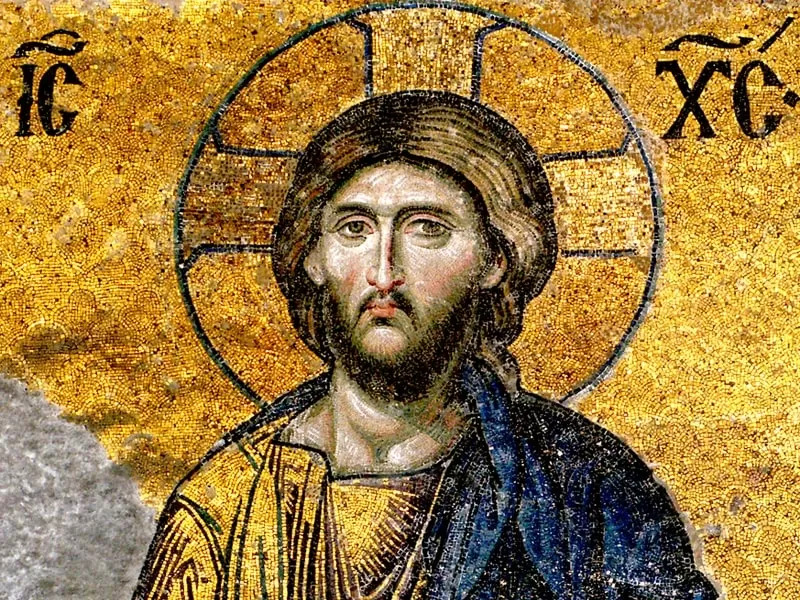The name which is above every name: Philippians 2:8-11 as a meditation on Psalm 137 LXX
The Christ encomium in Philippians 2:6-11 is usually divided into two parts: humbling in 2:6-8 and exaltation in 2:9-11. But here I want to suggest that once it has become apparent to onlooking Greeks that Christ Jesus, for all his god-like wisdom and powers, was human, no more remarkable than a slave (2:6-7), the thought from verse 8 to 11 can be seen as a meditation on or reworking of Psalm 137 LXX (138 in English translations).





Recent comments